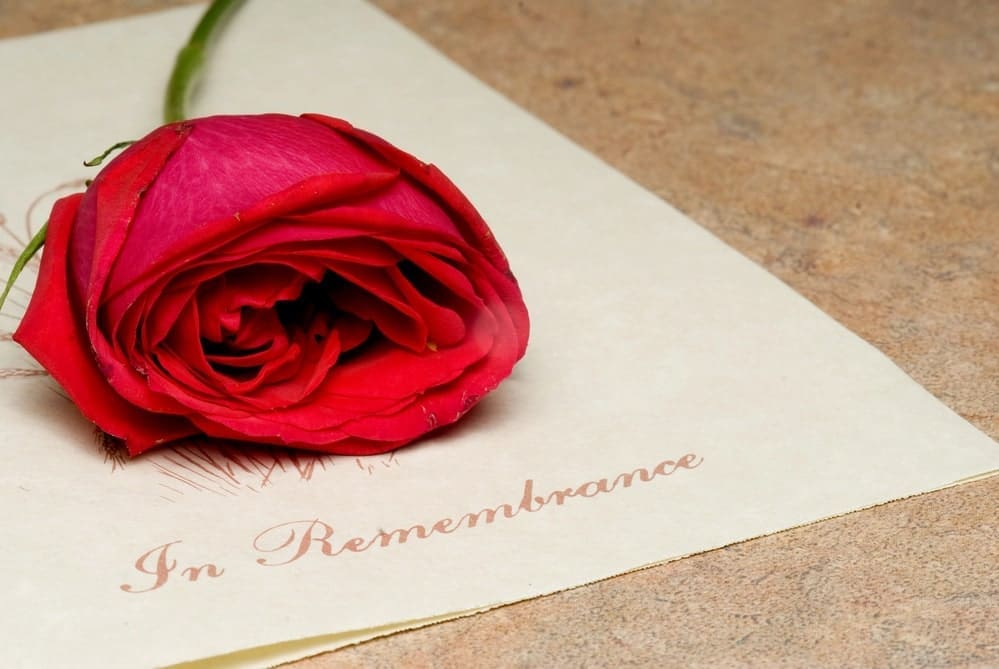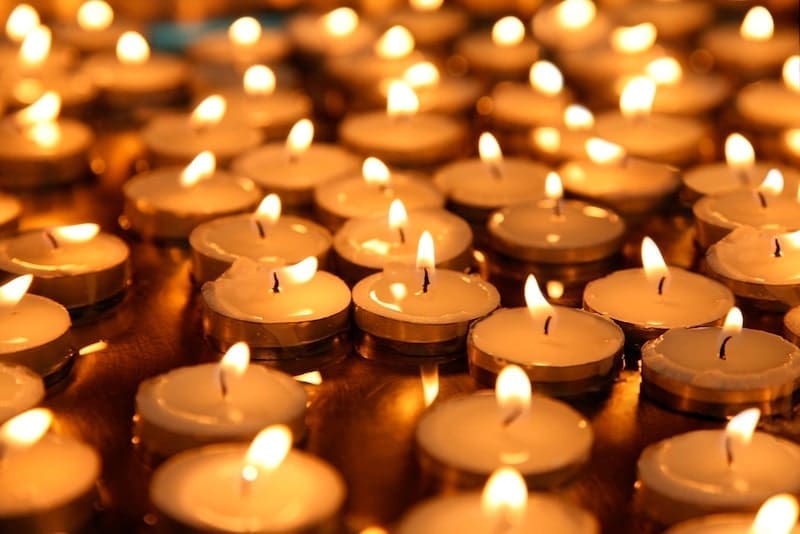Planning a funeral can be a challenging and emotional process, often made more complex by the multitude of options available. Understanding the different types of funeral services can help families and friends make informed decisions that best honor the memory of their loved one. From traditional ceremonies to more contemporary or personalized arrangements, each type of service provides unique ways to celebrate a life lived. In this article, we will explore the various types of funeral services to help guide you through this important decision-making process.
Memorial Services
Memorial services are ceremonies held to honor the life of someone who has passed away, typically taking place after the body has been buried or cremated. Unlike traditional funerals, memorial services do not include the presence of the deceased’s body, which allows for more flexibility in terms of timing and location. Getting the help of funeral planning experts can be beneficial in organizing a memorable and meaningful memorial service. These services often include special readings, music, photos, videos, and other personalized elements to celebrate the life of the individual being remembered.
Traditional Funeral Services
Traditional funeral services typically consist of several key elements that follow long-established customs and rituals. These services generally include a visitation or viewing, a formal ceremony held at a place of worship or a funeral home, and a graveside service or burial. The visitation allows family, friends, and community members to gather and offer their condolences to the bereaved, with the body of the deceased often present in an open or closed casket.
The formal ceremony usually involves religious or spiritual readings, hymns, and eulogies that pay tribute to the deceased’s life and legacy. Finally, the graveside service or burial provides a moment for the family to say their final goodbyes before laying their loved one to rest. Traditional funeral services offer a structured and familiar way for people to honor and remember the deceased, providing comfort and closure to those who are grieving.
Graveside Services
Graveside services are held at the site of the burial and typically follow a traditional funeral service or can stand alone as a simple yet dignified way to honor the deceased. This type of service is generally shorter and more intimate, offering a moment for close family and friends to gather and pay their respects.
Graveside services might include brief readings, prayers, or reflections, often conducted by a religious officiant, celebrant, or family member. The service provides a final opportunity for mourners to say goodbye and may include the symbolic act of placing soil, flowers, or other mementos on the casket. A well-planned graveside service can be meaningful and comforting, serving as a poignant farewell for the loved one being laid to rest.
Direct Cremation Services
Direct cremation services offer a straightforward and cost-effective option for those who prefer simplicity. This type of service involves the cremation of the body shortly after death, without a traditional funeral service or viewing. Due to its minimalistic nature, direct cremation is often chosen by families who wish to forgo formal ceremonies, either due to personal preference or financial considerations.
The process usually includes the collection and transportation of the deceased, the necessary paperwork, and the cremation itself. Family members can then choose to hold a memorial service or celebration of life at a later date if they wish. Direct cremation provides a respectful and dignified way to handle the final arrangements while allowing for flexibility in how and when loved ones choose to gather and remember the deceased.
Humanist or Non-Religious Services
Humanist or non-religious services offer a secular approach to honoring the life of a loved one without the inclusion of religious elements. These services focus on celebrating the individual’s life, achievements, and the impact they had on others, often highlighting personal stories, memories, and tributes from family and friends. Humanist celebrants, who are trained to conduct non-religious ceremonies, usually lead these services and work closely with the family to ensure the ceremony is meaningful and personalized.
A humanist or non-religious service may include readings of poetry, prose, or favorite literary excerpts, as well as music that was significant to the deceased. Visual tributes such as photo slideshows or videos can also be incorporated to create a comprehensive reflection of the person’s life. These services can be held in various locations, such as a neutral venue, a home, a garden, or another meaningful place, offering flexibility to create a unique and personal farewell. Humanist or non-religious services provide a compassionate and individualized way to remember and celebrate the deceased, focusing on their life and legacy rather than religious or spiritual beliefs.

There are various types of funeral services available, each with its own unique set of customs and traditions. Whether you opt for a traditional ceremony, a simple graveside service, or a more personalized approach, the most important thing is to honor the life and memory of your loved one in a way that feels right for you and your family. By understanding the different types of funeral services, you can make an informed decision that reflects the wishes and values of your loved one while providing comfort and closure for those who are grieving.


